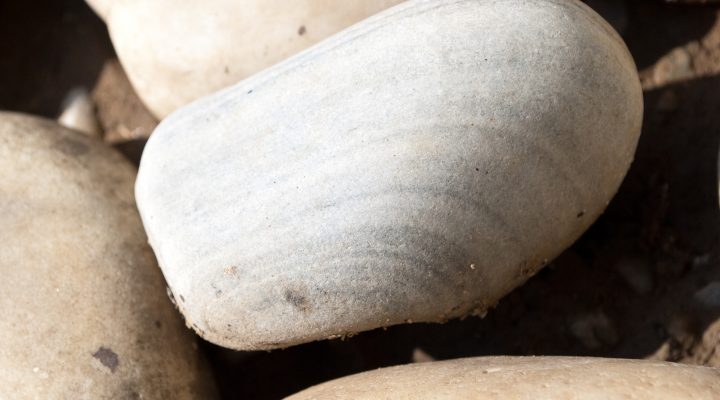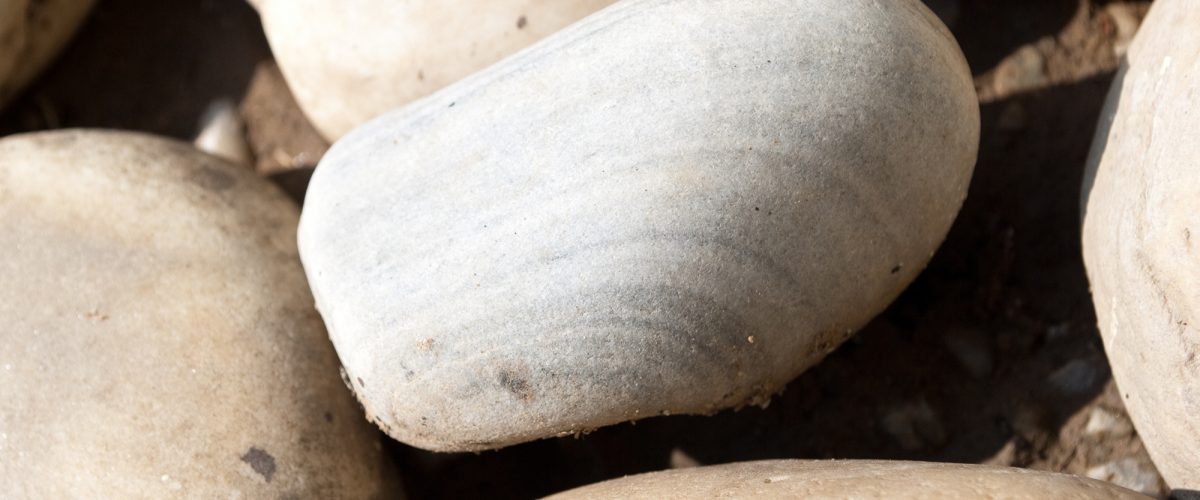As the annual meeting of the Southern Baptist Convention approaches next week in New Orleans, one line from the Gospel of Matthew keeps rising in our minds: “Who is there among you, who, if his son asks for bread, will give him a stone?”
It’s so simple and clear. And it’s relevant on this, the one-year anniversary of a long overdue but tragically still unfulfilled promise made by Southern Baptist officials: To create a public database of clergy sex abusers that would include ministers convicted, admitted and credibly accused of child molestation.
Why is such a list important?

David Clohessy

Christa Brown
Because parents, police, prosecutors and the public can best protect children from predators if they know who and where the predators are.
That’s why every state has an official, online sex offender registry for those with criminal convictions. But of course, criminal convictions are the bare tip of the iceberg.
That’s why Catholic abuse survivors have, for decades, pushed bishops to publish lists of priests who are credibly accused of sexual abuse. (And we’ve made headway: All but about a dozen of the 200 bishops in the U.S. have disclosed credibly accused priests and posted the names on their websites.)
These lists help protect the vulnerable. They also help heal the wounded.
And there’s a third reason the SBC should do this: They promised. At the annual meeting in June 2022, the SBC “voted overwhelmingly” to create a database to track pastors and other church workers credibly accused of sexual abuse.
Finally, consider this reason: A credibly accused clerics list is how we can best tell whether church and denominational officials are reforming as they claim.
We’ve all read and heard Southern Baptist pastors who insist that if they knew a minister was molesting kids, they’d take action. But documented history has shown us that, with far too many pastors and in far too many cases, this has not been true.
So, how can we know if church officials are finally taking action now? It’s tough. So much happens behind closed doors.
“A clergy sex abusers list is public. It’s the best measuring stick possible.”
But a clergy sex abusers list is public. It’s the best measuring stick possible.
If there’s no list, or if few names make their way onto the list, we can only conclude that SBC officials’ pledges of reform are hollow.
So, if the SBC’s list includes only the easy ones — such as those who already have confessed, been criminally convicted or had a civil judgment — then it’s obvious we’re all being given stones instead of bread. This is essentially what SBC officials are now saying they’ll do, while still stalling on listing names that would require an independent institutional assessment. (And note, even this talked-about step isn’t something we’ve actually seen yet.)
During the upcoming convention, we’re predicting SBC officials will likely be “giving” a lot to abuse survivors. They’ll give hugs, personal apologies and prayers. Maybe they’ll even give goody bags to survivors, like they did in 2022. Maybe there will be another pro-forma public apology. Maybe a survivor will get to speak to some informal gathering or meet with some SBC officials. And maybe there will be talk of repentance and lamentations.
At first glance, every one of these steps will seem positive. Some will trot out that old canard that abuse survivors hear so often when church officials feel like survivors are “never satisfied” or “too impatient”: “Well, half a loaf is better than nothing at all.”
If our predictions come true, though, we all need to be clear-eyed. Every one of these steps is not “half a loaf.” They’re not loaves in any sense whatsoever. They are stones.
Stones can be pretty. Stones can be useful. But they do nothing for the health of young, growing bodies. Nor for older bodies either, for that matter.
Bread is different. It’s healthy. It fills a hunger, and it’s life-sustaining. That’s likely why Matthew writes about a son asking for it.
But it takes work to bake bread. A stone, on the other hand, can be easily picked up off the dirt.
So, rather than give to children what they seek and need — sustenance — it can be tempting and simple to give them what adults find easier: Stones.
“Everyone should see these small, belated, begrudging gestures for what they are — ‘feel good’ measures.”
That’s where being clear-eyed comes in. Everyone should see these small, belated, begrudging gestures for what they are — “feel good” measures that will temporarily mollify Southern Baptist flocks while distracting from (and likely delaying) the real sustenance that innocent children, vulnerable adults and wounded victims really need: The names of all the men who are potentially dangerous.
The gestures are largely symbolism, not substance. They’re public relations, not real reform.
Everyone should insist on bread, not stones, for our children.
David Clohessy and Christa Brown are survivors of abuse by clergy (Catholic and Baptist respectively) and both have been involved in long efforts to help victims and protect kids. Clohessy is the former director of the Survivors Network of those Abused by Priests (SNAP), and Brown is the author of This Little Light: Beyond a Baptist Preacher Predator and his Gang.


